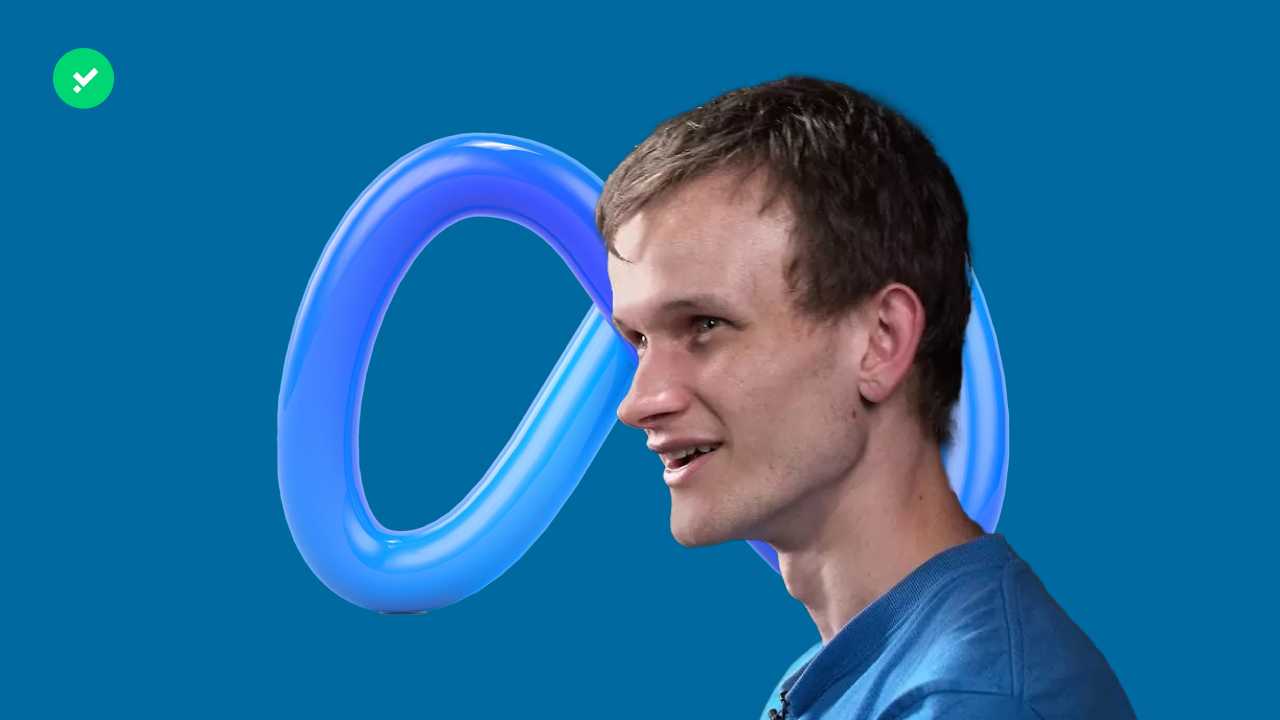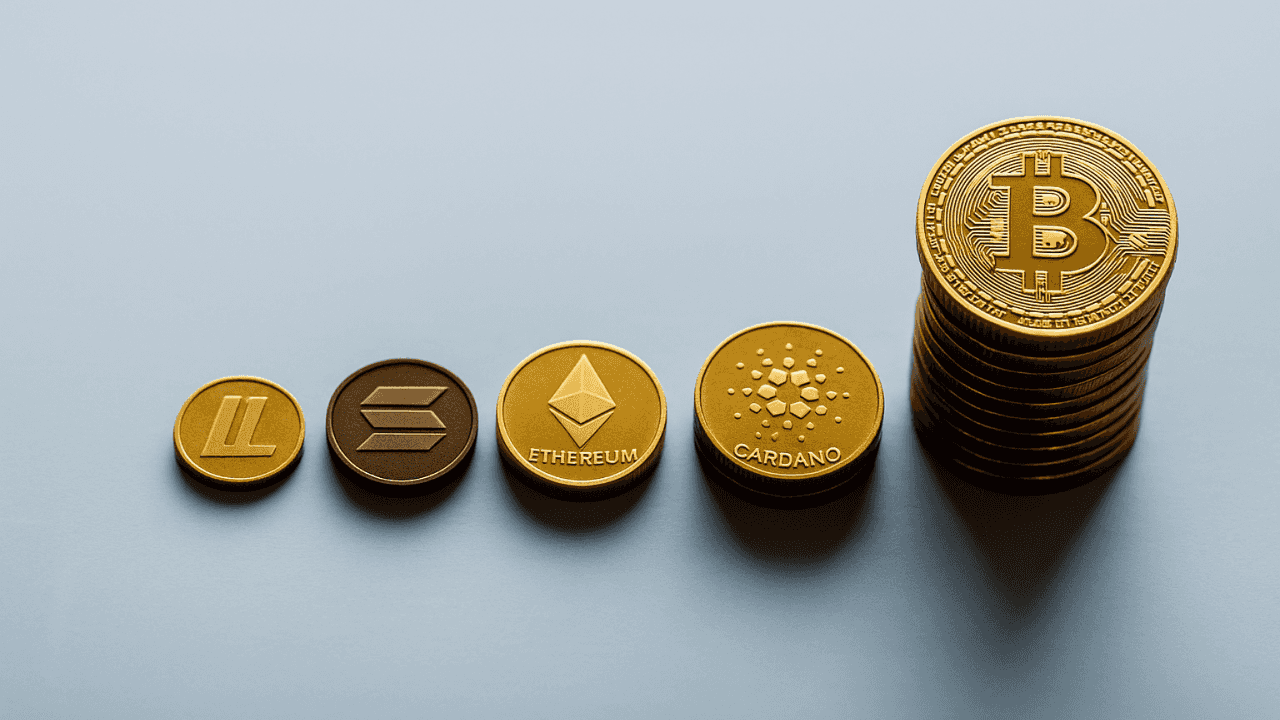News
According to Vitalik Buterin, Meta, Facebook’s metaverse, is destined for failure
Filippo Iachello
4 min

According to Buterin, the Metaverse is on its way, but not as Meta intends it. Why is the founder of Ethereum so sceptical?
Vitalik Buterin doesn’t mince words! The founder of Ethereum stated on Twitter on the 31st of July 2022 that he does not believe in any of the attempts by established companies to build a metaverse. Buterin spoke out, responding to a tweet by Dean Eigenmann, a young developer of smart contracts on the blockchain. The statement concerns the concept of the metaverse. In fact, Eigenmann stated that he supports the abstract idea of the metaverse, but that in his opinion, he is convinced that the transition of people into the ‘virtual world’ will not happen through the way traditional companies are promoting it.
Vitalik Buterin agreed with the developer’s assertions, adding that already established tech companies that are now trying to create their own metaverse, such as Facebook with Meta, are not going anywhere! The Metaverse is generally described and imagined as a 3D online world centred on social sharing, which will be able to establish itself through the use of innovative technologies such as virtual and augmented reality. But according to Vitalik, it is so far impossible to imagine the use cases and predict the problems that the metaverse will have to solve. Paraphrasing Buterin’s thesis, any attempt to build a metaverse today is a step in the dark and pure experimentation, and as with anything new, the risk of failure is high.
Meta’s initiatives and the issue of decentralisation
Meta is going through one of the most difficult times since its founding. For the first time in its history, the company recorded a 36% drop in profits in the last year. It is nevertheless continuing to develop new software, with the aim of guaranteeing users a fully immersive experience. Meta Horizon World for example, is the first embryo of the Facebook metaverse. It currently takes the form of a virtual reality video game/social network in which users can create their own worlds. Meta is also working on a new physical product that will facilitate interaction with the Metaverse: the Meta smart glasses. With this new product, which should be released by 2024, it will be possible to record videos and interact with the virtual world through virtual and augmented reality technologies. Vitalik’s criticism, however, revolves around the issue of centralisation. According to the founder of Ethereum, it is precisely the very nature of companies such as Facebook and Microsoft that is at odds with the Metaverse concept. The strong centralisation of these companies does not fit at all with the basic ideas of these virtual worlds, and more generally of Web3, such as digital ownership and the total decentralisation of protocols. For Vitalik Buterin, the Facebook metaverse has no future precisely because it will not be on the blockchain.
An alliance for the decentralised Metaverse: OMA3 is born
In order to reflect on the decentralisation of the Metaverse, the Open Metaverse Alliance was created, a decentralised organisation composed of the major players in the field. The OMA3 is a DAO that operates as a consortium. The DAO is guided by principles of inclusiveness, transparency and decentralisation and is based on the important concept of real-time interoperability. Interoperability means the ability to interact with multiple protocols simultaneously and easily in a system where digital ownership is universally recognised. Let’s say we own, for instance, an avatar on The Sandbox; in a system where interoperability is guaranteed, we will own that avatar in whatever metaverse we are in.
Among the members of the organisation are established realities in the Web3 world such as: The Sandbox, Animoca Brands, Alien World and Decentraland. OMA3 is thus a body that verifies and promotes the decentralisation of metaverses, with the aim of creating a unified Web3 universe in which the ownership of digital assets (such as NFTs) is universally recognised and controlled by users. At the opposite end of this vision stands Meta, Facebook’s metaverse, with its centralisation of resources, data and platforms. The decentralisation-oriented work of OMA3 could avoid the failure of the ‘metaverse’ concept as envisaged by Vitalik Buterin. The future of the metaverse will play out on one feature: blockchain yes or no?




